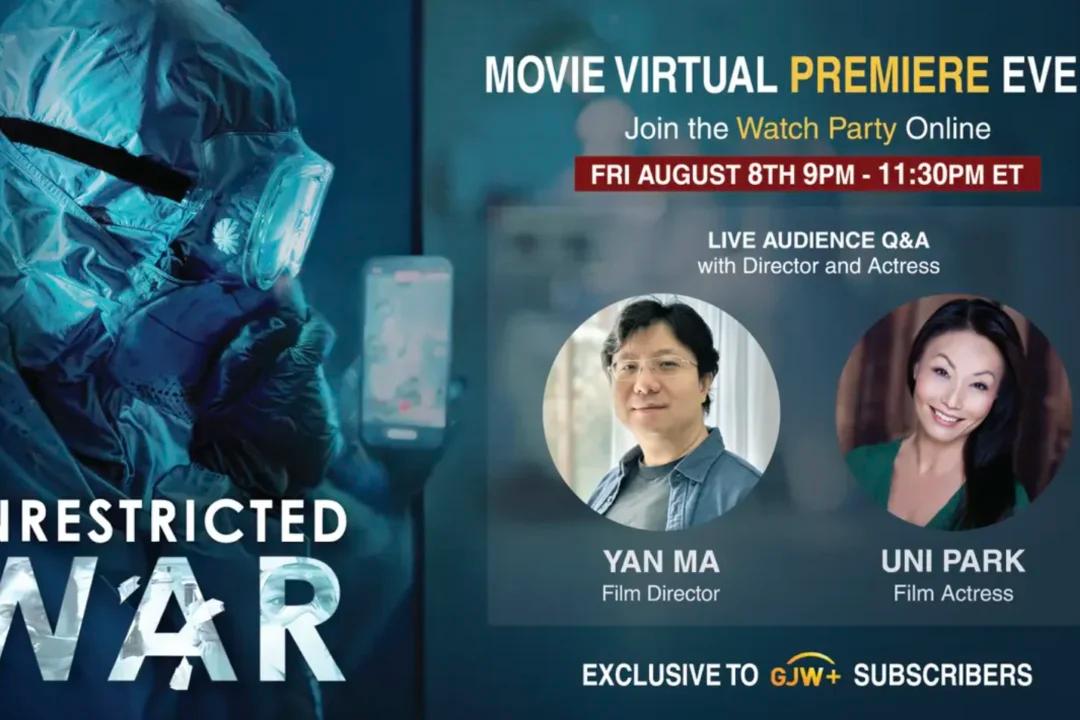Graduation is a time of fresh beginnings. Embarking on a path where grown-up choices abound. How to spend one’s time, which career path to travel, whether and when to start a family—the consequence of each deserves careful thought. Then there are the unforeseen hardships and changes that bring yet more choices and challenges.
In the face of so many big questions, recent graduates might turn to an unlikely place for guidance and support: America’s elders.
Having watched a whole lifetime go by—lasting marriages, careers past, empty nests, wars, poverty, painful loss of loved ones, death, and illness—American elders know how to survive and how to thrive.
According to Karl Pillemer, professor of gerontology at Cornell University, they have a lot of wisdom to offer the young.
In 2004, Pillemer was doing research in a nursing home when a nurse introduced him to June, the surname of an elderly lady who was losing her eyesight, and who had only a few weeks left to live. Pillemer sat down with June. As they talked, he found June “an incredibly vibrant, alive, and positive person,” said Pillemer who wondered how she could be so happy. So he asked her.
June told Pillemer that she felt it was her responsibility to be as happy as she could be, no matter what her circumstances were.
“She really had to make a choice to be happy every day. You can’t just wait to be happy because something is going to happen to you, you have to make a conscious choice to be responsible for your own happiness,” Pillemer said, adding that it’s better to learn this in your 20s than when you are in your 60s.
June was an inspiration.
Graduation: Practical Advice for New Beginnings
Graduation is a time of fresh beginnings. Embarking on a path where grown-up choices abound.

Students celebrate at New York University’s commencement ceremony at Yankee Stadium on May 16 in the Bronx borough of New York City. The National Center for Education Statistics (NCES) estimates 1,781,000 students at the bachelor’s-degree level will graduate in 2012. Mario Tama/Getty Images
|Updated:






